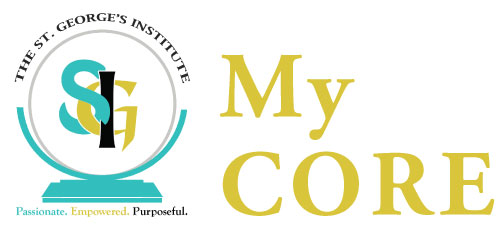Long Answer Practice Unit One: Topic: Theme one: Indigenous People and Europeans
Complete ALL FOUR Questions.
Theme 1 – The Indigenous Peoples and the Europeans
Question 1.
Read the passage below, and answer the questions that follow.
The Taino (Arawaks) and Kalinago (Caribs) were similar in many ways, but
different in others. For example, their technology was quite similar, but their
political organisation was, to some extent, different. Their technology was not
as advanced as that of the Maya.
(a) Explain why Mayan technology is considered more advanced than the technology of the Taino
(Arawaks) and Kalinago (Caribs). ( 4 marks)
(b) Outline the ways in which the technology of the Taino (Arawaks) and Kalinago (Caribs) were
similar. ( 9 marks)
(c) Describe FOUR ways in which the political organisation of the Taino (Arawaks) was different
from the political organisation of the Kalinago (Caribs). (12 marks)
Total 25 marks
Question 2.
Imagine that you are a Taino (Arawak) cacique on whose island the Spaniards
settled in the early I SOOs. You are having a discussion with the Spanish
settlers about the meeting of your culture with theirs.
(a) Explain the aspects of the Spanish presence in your island that pose a problem to your people.
(15 marks)
(b) Describe the features of your culture that have most impressed the Spaniards. (10 marks)
Total 25 marks
Tbeme 1 – The Indieenous Peonies and The Eur~
Question 1.
(a) Outline TWO reasons why Columbus undertook voyages out of Europe. (4 marks)
(b) Explain THREE ways in which these voyages affected Europe and Europeans. (9 marks)
(c) Discuss the ways in which these voyages affected the Indigenous peoples of the New World.
(12 marks)
Total 25 marks
Question 2.
(a) Outline FOUR forms of resistance used by the Indigenous peoples against enslavement by the
Europeans. (4 marks)
(b) Discuss THREE advantages that Indigenous peoples had in their resistance to the Spaniards.
(c)
(9 marks)
Explain why resistance by Indigenous people against the Spaniards was generally not successful
(12 marks)
Total 25 marks
